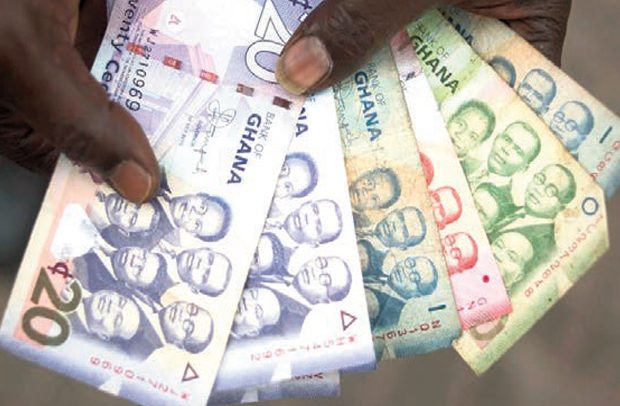
The Director of Research at the Bank of Ghana, Dr. Philip Abradu-Otoo, has reasons for the upturn in the cedi’s fortunes after over ten months of recording drastic depreciation.
He attributed the recent respite to a number of measures put in place by the central bank, the government, as well as the recently announced International Monetary Fund (IMF) staff level agreement on the three-year extended credit facility.
Ghana’s cedi declined by 53.8% in value against major currencies especially the dollar since the beginning of 2022.
It moved from about GH¢6 to a dollar at the beginning of the year to GH¢15 to a dollar in November 2022.
At the moment, the Ghanaian currency is selling at about GH¢10 to the dollar, according to data from the Bank of Ghana.
Giving reasons for the feat on the Point of View on Citi TV, Dr. Philip Abradu-Otoo said, the drastic reduction in imports and other measures are largely responsible for the appreciation of the cedi.
“We had a glimpse of our trade data for November. If you check the data it means there is huge compression in imports. Anytime there is an exchange rate overshoot like we saw, imports tend to go down.”
He said the cedi’s woes meant that importers needed more cedis to get dollars in order to bring in products.
“They didn’t have that. It takes time for them to be able to marshal resources to import. If you compare the data from where we were as of November last year, that import bill has gone down by as much as $400 million. So this is potential demand which hitherto would have come to the doorstep of the central bank for financing. It’s gone down significantly. So it’s an evolution of things that have happened. That demand going down is good for the cedi because we will not have agents coming in to demand that amount for imports.”
On the monetary policy side, the BoG’s Director of Research said that, “If you look at our September press release, we did come up with some measures. On top of the interest rate increase, we increased the cash ratio of the banks. Basically, we were telling the banks that for all the deposits that you have, you needed to hold a portion of that at the central bank.”
“So 15% of all deposits in the banking sector were supposed to be locked as reserves. It was designed to try to prevent excess liquidity from passing into the economy to demand dollars. That policy was successful,” Dr. Abradu-Otoo noted.
He said the other reason is the IMF’s staff level announcement.
“That in itself brought some confidence that the outlook looks very good and that if we are able to follow the right steps and implement our fiscal consolidation plan and stick to the debt restructuring agenda, it bodes well for economic stability. So that in itself has brought some confidence, and it is impacting our currency.”
The post Monetary policy, drop in imports & IMF deal responsible for cedi recovery – BOG appeared first on Citinewsroom - Comprehensive News in Ghana.
Read Full Story












Facebook
Twitter
Pinterest
Instagram
Google+
YouTube
LinkedIn
RSS